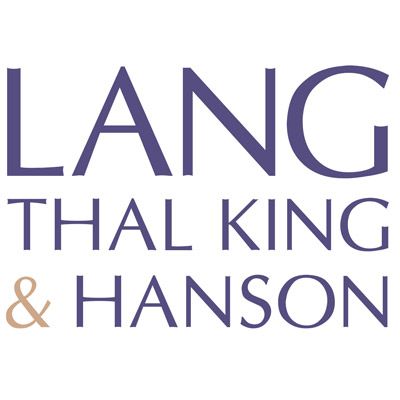Your insurance company is not your friend, and it will exploit any opportunity to avoid paying a claim.
Your insurance carrier is not your friend,
and it will exploit any opportunity to
avoid paying a claim.
Construction insurance attorneys
Our construction attorneys combine industry knowledge, litigation experience, and knowledge of contractors’ insurance policies and coverage to help you deal with a wide range of complex insurance-related issues.
Insurance attorneys for contractors
Insurance is a major factor in many construction-related disputes, and understanding your liability and insurance coverage and policy exclusions can be crucial to a successful outcome.
We can help you:
- Make sure you have the right types of insurance
- Understand your liability and coverage
- Understand the duties owed to you by your insurance company (e.g., investigate your claim, defend you from claims, and act in your best interests)
- Hold your insurance company responsible for defending the claims against you
- Deal with insurer bad-faith issues
- Recognize the insurance obligations of your contracting partners and adverse parties
- Comply with preconditions to coverage required by your insurance company
- Comply with project-specific insurance requirements
Types of insurance for contractors
Here is a brief description of types of insurance coverage that are common in the construction industry. All descriptions are very general in nature, and the coverages described are subject to policy-specific exclusions.
- Commercial General Liability Insurance (CGL) covers property damage and bodily-injury claims from third parties, such as when a non-employee is injured on your jobsite. A CGL policy also covers advertising injuries, such as defamation and copyright infringement. Notably, this insurance does not typically cover professional negligence (i.e., workmanship issues), but there are exceptions (e.g., where faulty construction leads to water or fire damage).
- Builder’s Risk Insurance covers first-party claims for damage to structures or materials during construction and can be written on a project-by-project or project-wide basis. Coverage also commonly includes fire, wind, theft, lightning, hail, explosion and vandalism, but it generally excludes earthquakes, employee theft, or flood damage. Coverage for delays or business interruption can often be added by endorsement.
- Pollution Liability Insurance covers first- and third-party claims for damage to property and people caused by pollutants, such as smoke, fumes, odors, hazardous substances, waste materials, etc.
- Workers’ Compensation Insurance is mandatory under Arizona law and covers medical costs incurred by employees with a job-related illness or injury. It also provides death benefits to surviving spouses and/or dependents. Workers’ comp is a no-fault concept that provides coverage regardless of who was responsible for the injury, illness or death.
- Contractor’s Equipment Insurance covers the equipment owner from losses due to physical damage to equipment used in a construction project.
- Employment Practices Liability Insurance covers your company against employee claims for discrimination, harassment, retaliation and wrongful termination; breach of employment contracts; and, in less common provisions, wage-and-hour and other Fair Labor Standards Act violations.
- Commercial Automobile Liability Insurance covers, as the name suggests, third-party bodily injury and property damage caused during the operation of a motor vehicle by an employee or other company representative.
- Professional Liability Insurance covers third-party claims for professional negligence, errors and omissions, property damage, bodily injury, and financial loss.
- Umbrella Insurance covers an insured party for claims that exceed the limits of other policies.
- Wrap-Up Policies or Owner Controlled Insurance Plans (OCIPs) cover the owner, general contractor and subcontractors on a specific project in a single package of insurance coverages, including many of the types described above.
CONSTRUCTION ADVISOR® ARTICLES
Follow Us
| Lang Thal King & Hanson PC
Lang Thal King & Hanson PC is a 2024 Best Law Firms Metro Tier 1 (Scottsdale) selectee for Construction Law, Construction Litigation and Commercial Litigation, and a Tier 2 selectee for Arbitration.
The act of visiting or communicating with Lang Thal King & Hanson PC, via this website or by email does not create an attorney-client relationship. Communications from non-clients are not subject to client confidentiality or attorney-client privilege.
Further, the articles, discussion, commentary, forms and sample documentation contained in this website are offered as general guidance only and are not to be relied upon as specific legal advice. For legal advice on a specific matter, please consult with an attorney who is knowledgeable and experienced in that area. While the articles on this website accurately describe applicable law on the subject covered as of the date of publication, the law continues to develop with the passage of time. Accordingly, care should be taken to verify that the statutes, case law and regulations described have not changed since the article's publication.
The lawyers listed in this website practice law only in the jurisdictions where they are admitted. This website is regulated by the Arizona Rules of Professional Conduct.
Lang Thal King & Hanson construction, litigation and business attorneys represent contractors, subcontractors and general business owners in construction law, contractor licensing, collections and general commercial litigation in the Phoenix area and throughout Arizona.










